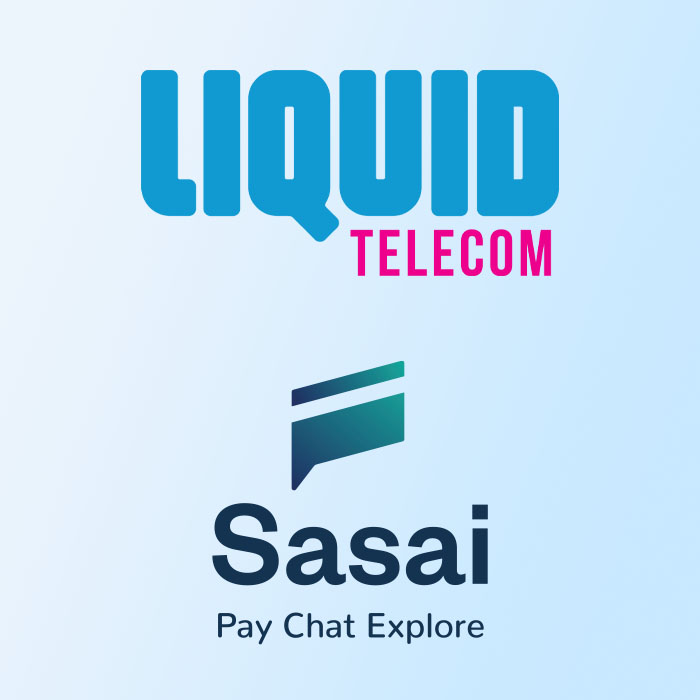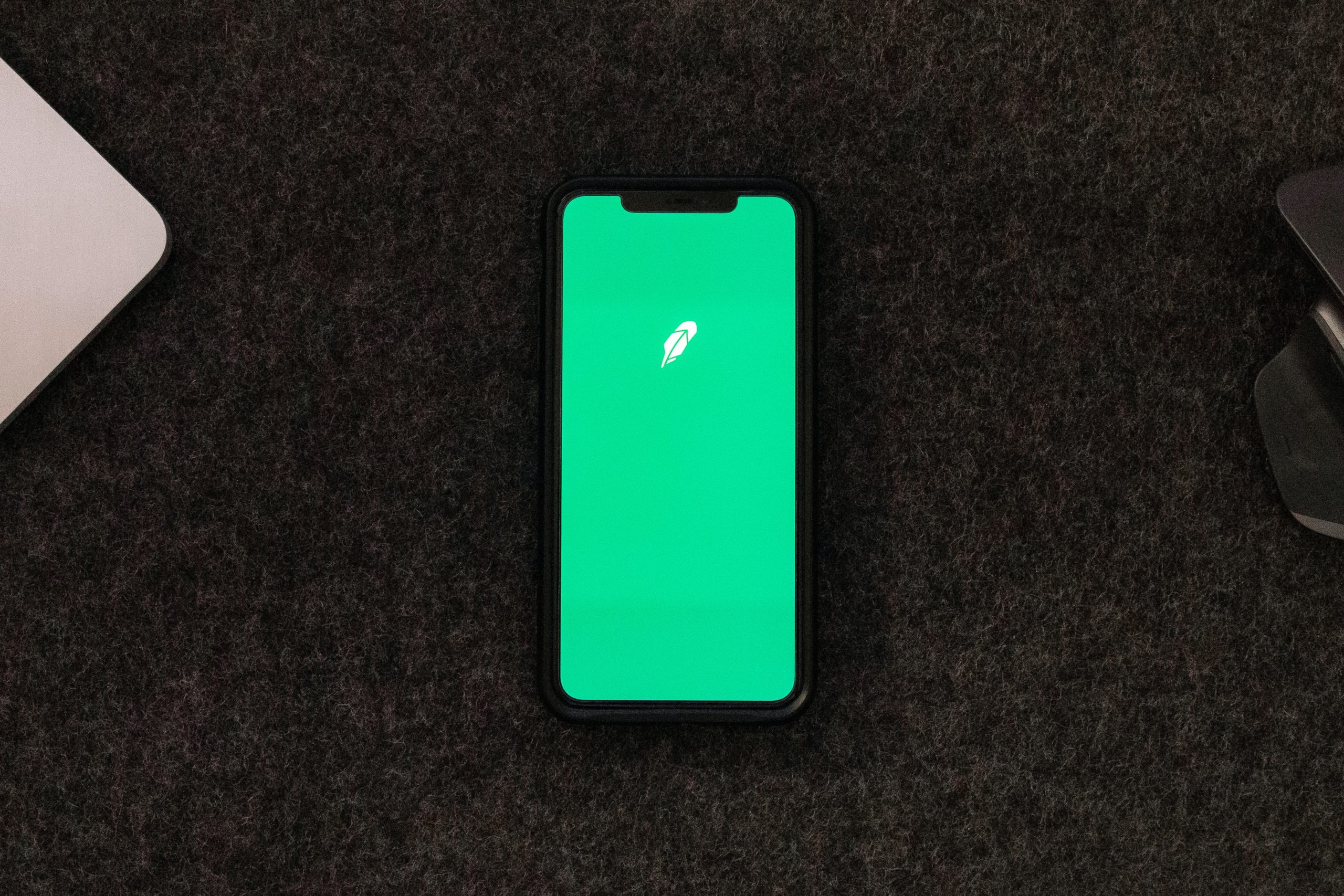Fintechs have become big business in Africa, and partnerships are offering new opportunities for banks and other corporates to extend their reach. But these collaborations are no silver bullet
Africa’s latest tech unicorn, Flutterwave has the kind of start-up story that grabs the attention and the headlines.
Founded in 2016 by two Nigerian entrepreneurs, the company has quickly attained success with a lot of achievements under its belt. 2021 will stand out for the fintech, this year securing US$170 million in investment and in so doing, raising its valuation to the billion-dollar mark.
On top of this, it has signed a major partnership agreement with Ethiopian digital money platform Amole, but not before announcing another major collaboration with global payment leader PayPal that allows PayPal customers from around the world to pay African merchants through Flutterwave’s platform.
Flutterwave’s success is a story, not just of the potential for fintech in Africa — which is considerable — but of the power of partnerships.
Going far, together
Africa is recognised as a leader in the online payments space and the fintech sector shows no signs of slowing down. In its ‘Funding Report 2020’, Disrupt Africa recorded a record-breaking year for African tech startups as a whole, but fintech was singled out as the dominant sector. Much of this success is built on the back of strategic partnerships that cut across the spectrum.
Bank-fintech partnerships abound, as banks seek tech flexibility and fintechs seek the wherewithal to expand as they target the continent’s unbanked customers — over a billion by some estimates. But in the COVID-19 pandemic, more and more fintech players started collaborations with retailers eager to identify new ways to reach customers and provide valuable support during lockdowns. Many telecoms operators are also partnering with fintech businesses. Last year, for example, Cassava Fintech International (CFI) and the Liquid Telecom Group (LTG) announced the launch of Sasai Wi-Fi Finder, offering a low-cost solution for connectivity — often a major barrier to access in Africa — to drive digital and financial inclusion across the continent.

Partnerships are powerful tools as companies aim to stand out in crowded marketplaces. They can offer access to specialised skills and save time and resources, as well as improve product time to market and speed up the businesses’ learning curve.
Increasingly, they include multiple collaborators. Recently, South African-based fintech startup Ukheshe Technologies teamed up with Telkom and financial institutions Mastercard and Nedbank in a venture that allows Telkom clients, whether they have a bank account or not, to conduct secure e-commerce transactions via WhatsApp.
Typically, fintechs offer the expertise that would allow banks and other partners to introduce tech innovation to their existing products, channels or processes; helping them to develop and launch new products and services or assisting them to develop new business models and expand their revenue streams. In turn, corporate partners offer regulatory credibility and compliance, an understanding of sector rules and regulations, and access to a rich and established client profile.
Five common models of partnership
Depending on the needs and objectives of the partners, an array of different partnership models exist. The most common range from the low-commitment classic vendor relationship, in which banks make a one-off or subscription purchase of a vendor’s products, to an all-in acquisition/ acquihiring, where banks and other corporates gain outright ownership of new expertise and technology, while the fintech can either continue to run independently or be integrated into the bank’s core business.
In between, there are three other options: white-labelling, which involves the licencing of new technology to allow them to accelerate time to market by using the bank’s own brand and leveraging the fintech’s B2B model; proposition joint ventures (JV), where existing product capabilities are combined with innovative new features from a fintech to create new propositions; and investment joint ventures, where banks provide a capital injection and/or take a partial ownership stake, which allows them to leverage new capabilities to create new propositions.
Each approach offers different upsides and disadvantages. The end goal of the collaboration will define which model would be most suitable.
The classic vendor relationship, for example, promises faster go-to-market time and the use of tried-and-tested products, but offers less flexibility to tailor products to changing country requirements.
White-labelling offers some of that flexibility, but tailoring the solution might delay the time to market.
Both proposition JVs and investment JVs come with access to specialised expertise, but increases operational risks and hold potential governance issues. And acquisition/acquihiring present banks with access to new and specialised talent, capabilities and mindsets, but also integration challenges and the operational risks of untested solutions.
No Silver Bullets
Fintechs looking to expand through partnerships need to bear in mind that a partnership may not be the silver bullet they are looking for. As a McKinsey study points out, partnerships should not be rushed, and rather demand a deliberate and methodological approach. Value creation through partnerships is expected but not guaranteed, and requires that partners be upfront about what they bring to the table. Fintechs should look to partnerships that are aligned with their overall strategy.
What’s more, the opportunities and challenges for such partnerships may be influenced by regional factors. Fintechs need to especially bear in mind that many corporates have long procurement processes, and that regulatory and compliance issues can also take time; they will need to have the resources to carry them through this waiting period.
But for those who’ve done their homework and persevere, the rewards are there for the taking. The next African unicorn may be just one smart partnership away.

On Friday, June 25th at 11 am (WAT), TechCabal will be hosting Abubakar Suleiman – CEO of Sterling Bank; Tosin Osibodu, Co-founder & CEO of Chaka; Elsa Muzzolini – GM (Commercials and Mobile Financial Services) – MTN Nigeria; Tomilola Majekodunmi, Co-founder and CEO, Bankly; Tayo Oviosu – Founder/CEO, Paga; and Robert Kotei, Operations Director for Africa at Ria Money Transfer.
The speakers will discuss how fintechs can find and leverage partnerships to drive rapid growth. Register here to attend.
By Mayowa Kuyoro and Eyitope Kola-Oyeneyin, Partners with McKinsey & Company in Lagos




















